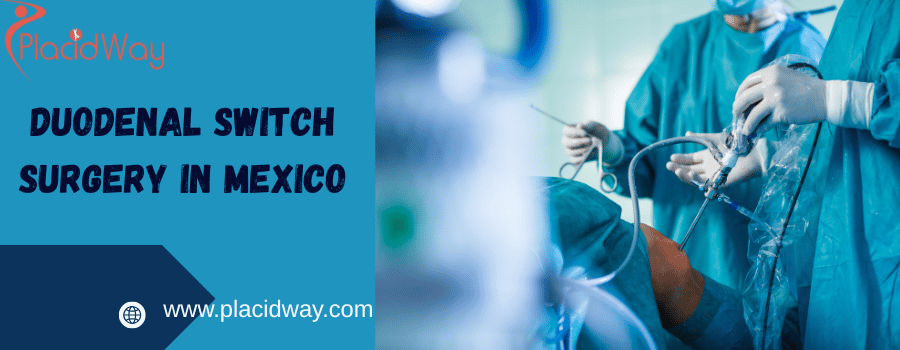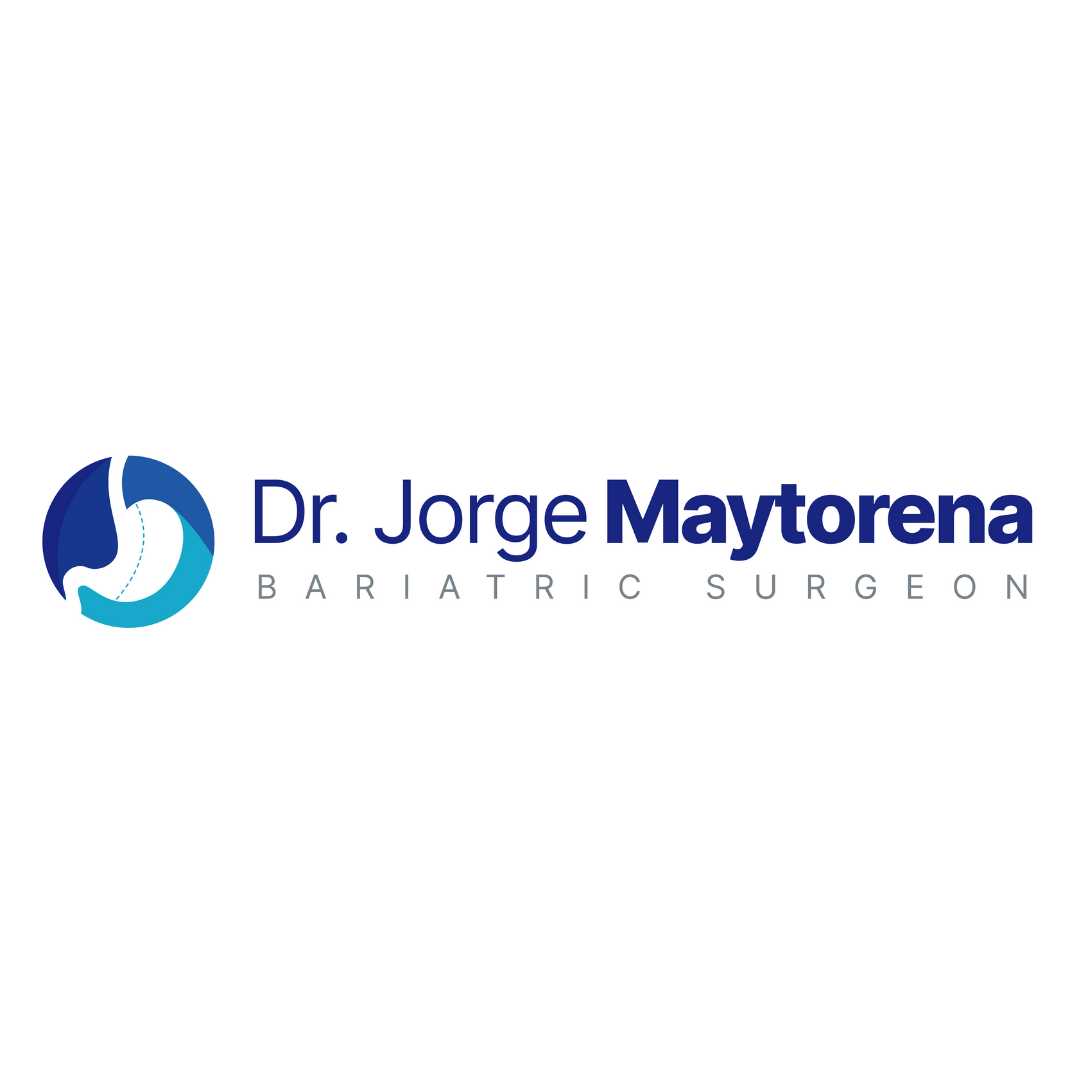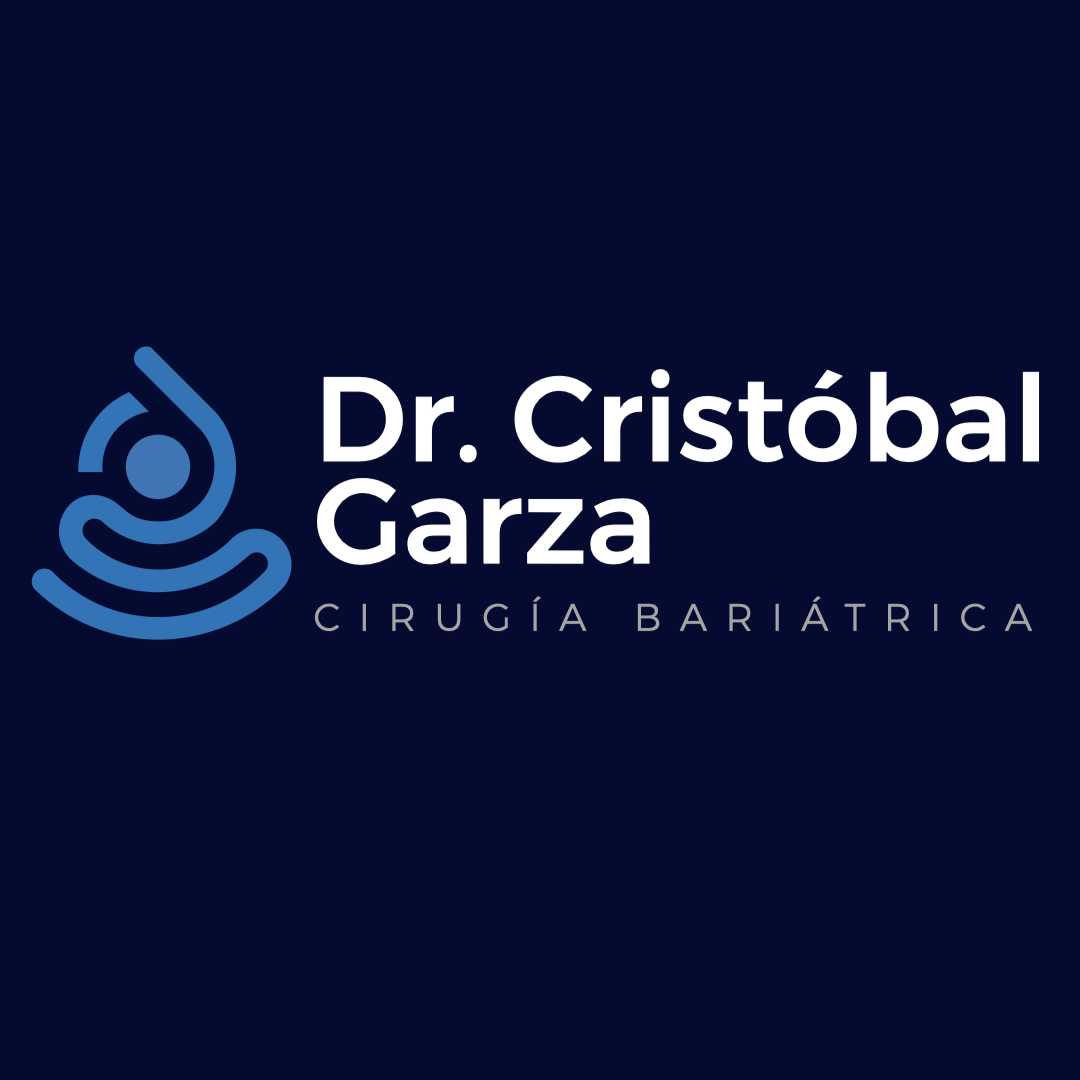Is Duodenal Switch Surgery in Mexico Highly Successful?

Duodenal Switch (DS), also known as Biliopancreatic Diversion with Duodenal Switch (BPD/DS), is recognized as the most effective and powerful bariatric surgery for achieving significant and long-term weight loss. This complex procedure combines elements of both restriction (a gastric sleeve) and malabsorption (rerouting a significant portion of the small intestine). It is often recommended for individuals with severe obesity or those with hard-to-control comorbidities like type 2 diabetes.
When considering Duodenal Switch surgery in Mexico, understanding its success rate is a critical factor for patients, especially given the procedure's complexity and the significant commitment it entails.
What is the success rate of Duodenal Switch surgery in Mexico?
"The reported success rate of Duodenal Switch surgery in Mexico from highly reputable, high-volume bariatric centers is comparable to international standards, with patients typically achieving 70% to 90% excess weight loss and very high rates of type 2 diabetes remission (up to 98%). Some top Mexican clinics specifically report a 98%+ success rate for the procedure based on thousands of surgeries."
As of June 2025, it's important to understand that "success" in bariatric surgery is generally measured by achieving a significant percentage of excess weight loss (EWL), typically 50% EWL or more, and the resolution or significant improvement of obesity-related health conditions. The Duodenal Switch consistently outperforms other bariatric surgeries in these metrics, making it a highly effective option when performed by experienced surgeons in specialized facilities.
How is the success rate of Duodenal Switch surgery typically measured?
"The success rate of Duodenal Switch surgery is typically measured by two primary metrics: percentage of excess weight loss (%EWL), with 70% or more considered excellent, and the resolution or significant improvement of obesity-related comorbidities, particularly type 2 diabetes."
When evaluating the effectiveness of Duodenal Switch surgery in Mexico (or anywhere else), these are the key indicators:
- Excess Weight Loss (%EWL): This is the most common metric. It's calculated by taking the total weight loss and dividing it by the patient's excess weight (current weight minus ideal body weight). A successful outcome for DS is generally considered to be achieving 70% to 90% EWL at 1-2 years post-surgery, with excellent long-term maintenance. This is higher than gastric sleeve (typically 60-70% EWL) or traditional gastric bypass (60-80% EWL).
- Comorbidity Resolution/Improvement: This refers to the impact of the surgery on obesity-related health conditions. The Duodenal Switch is particularly renowned for:
- Type 2 Diabetes: Remission rates are exceptionally high, often reaching 95% to 98%.
- High Blood Pressure: Resolution or significant improvement in 80-90% of patients.
- Sleep Apnea: Resolution or significant improvement in over 90% of patients.
- High Cholesterol/Dyslipidemia: Significant improvement in 95%+ of patients.
- Quality of Life (QOL): While harder to quantify, improvements in physical function, emotional well-being, social life, and overall self-esteem are crucial aspects of success.
Reputable bariatric centers in Mexico track and often publish their outcomes across these metrics, providing transparent data to prospective patients.
What are the reported excess weight loss percentages for Duodenal Switch in Mexico?
"Highly reputable bariatric centers in Mexico report that patients undergoing Duodenal Switch surgery typically achieve 70% to 90% excess weight loss (EWL) within 1-2 years post-surgery, with strong long-term weight maintenance."
The Duodenal Switch is known for delivering the most significant and sustainable weight loss among bariatric procedures.
- Initial Rapid Loss: Patients experience rapid weight loss in the first 6-12 months due to both restriction and malabsorption.
- Continued Loss/Stabilization: Weight loss continues, albeit at a slower pace, for up to 18-24 months, eventually stabilizing at a lower set point.
- Long-Term Maintenance: The unique malabsorptive component of the DS makes it highly effective for long-term weight maintenance, with studies showing patients maintaining over 70% EWL for 10 years or more. This is a key advantage for individuals with very high BMIs or those who have struggled with weight regain after other surgeries.
The consistency of these high EWL percentages from experienced surgeons in Mexico reflects their adherence to established surgical protocols and comprehensive patient support.
What are the comorbidity resolution rates after Duodenal Switch in Mexico?
"Duodenal Switch surgery in Mexico achieves exceptionally high comorbidity resolution rates, with type 2 diabetes remission reported at up to 98%, hypertension resolution in 80-90%, and sleep apnea resolution in over 90% of patients."
The impact of the Duodenal Switch on obesity-related health conditions is often even more profound than its weight loss effects, offering a potential "cure" or significant improvement for many chronic diseases:
- Type 2 Diabetes: The resolution rates for type 2 diabetes after DS are outstanding. The rerouting of the intestine leads to beneficial hormonal changes (e.g., increased GLP-1, decreased ghrelin) that often result in immediate improvement or full remission of diabetes, even before significant weight loss occurs.
- Hypertension (High Blood Pressure): A large percentage of patients experience resolution or significant improvement, often allowing them to reduce or discontinue blood pressure medications.
- Sleep Apnea: The profound weight loss almost universally leads to the resolution or significant improvement of obstructive sleep apnea, often eliminating the need for CPAP machines.
- Dyslipidemia (High Cholesterol/Triglycerides): Improvement in lipid profiles is seen in over 95% of patients.
- Joint Pain: Relief from joint pain, particularly in the knees and hips, is common as the weight burden is significantly reduced.
- Gastroesophageal Reflux Disease (GERD): The sleeve component and malabsorptive changes typically lead to a significant improvement or resolution of severe acid reflux.
These high resolution rates underscore why the Duodenal Switch is often recommended for patients with the most severe obesity-related health challenges.
How do success rates of Duodenal Switch in Mexico compare to the US or Canada?
"The success rates of Duodenal Switch surgery in Mexico from highly reputable, high-volume centers are comparable to, and often mirror, the success rates reported by leading bariatric programs in the United States and Canada, utilizing the same surgical techniques and high-quality equipment."
There is no inherent difference in surgical outcomes simply because the procedure is performed in Mexico. The key factors influencing success are:
- Surgeon Expertise and Volume: Highly experienced, board-certified bariatric surgeons who perform a large number of Duodenal Switch procedures (which is a complex surgery) consistently achieve excellent results, regardless of geographic location. Mexico has many such high-volume surgeons.
- Facility Quality: Reputable Mexican hospitals and clinics that cater to international patients often have state-of-the-art operating rooms, modern equipment, and adhere to international safety and hygiene standards (some even hold JCI accreditation).
- Patient Selection and Compliance: Careful pre-operative screening of candidates and the patient's adherence to the rigorous post-operative dietary and lifestyle guidelines are crucial for long-term success. These are emphasized by good programs in both countries.
- Long-Term Follow-up: While the initial surgery is in Mexico, the long-term success relies heavily on sustained lifestyle changes and adherence to vitamin/mineral supplementation, often with virtual support from the Mexican clinic or local follow-up coordinated by the patient.
Patients should focus on researching individual clinic and surgeon outcomes rather than making broad generalizations based on country.
What factors contribute to the success rate of Duodenal Switch surgery?
"The success rate of Duodenal Switch surgery is primarily driven by meticulous surgical technique by an experienced bariatric surgeon, comprehensive pre-operative patient selection and education, rigorous adherence to post-operative dietary and supplementation guidelines, and sustained lifestyle changes."
Several elements synergistically contribute to the high success rates of the Duodenal Switch:
- Surgeon Expertise: Given the complexity of the DS, the surgeon's experience, specialization in bariatric surgery, and high surgical volume are paramount. The precision of the sleeve creation and intestinal connections is critical.
- Patient Selection: A thorough pre-operative evaluation (medical, psychological, nutritional) ensures that only suitable candidates who understand the lifelong commitment are approved for surgery.
- Patient Compliance: Strict adherence to the post-operative diet progression, lifelong vitamin and mineral supplementation (critical due to malabsorption), and consistent physical activity are non-negotiable for success and preventing complications.
- Post-Operative Support: Comprehensive nutritional counseling, psychological support, and long-term follow-up from the bariatric team (or a coordinated local team) are vital for guiding patients through dietary changes, managing challenges, and monitoring for deficiencies.
- Type of Procedure: The inherent power of the Duodenal Switch, combining both significant restriction and targeted malabsorption, contributes fundamentally to its high success rates.
Reputable clinics in Mexico emphasize all these factors to maximize patient success.
What are the potential challenges or risks that could impact the success rate of Duodenal Switch?
"Potential challenges that could impact the success rate of Duodenal Switch surgery include non-adherence to dietary and supplementation guidelines (leading to deficiencies or weight regain), complications (e.g., leaks, strictures), chronic diarrhea, and long-term nutritional issues."
While the Duodenal Switch has high success rates, it also comes with unique challenges and risks due to its malabsorptive component. These, if not managed, can affect overall success:
- Nutritional Deficiencies: This is the most common long-term challenge. Due to significant malabsorption, patients must commit to lifelong, rigorous supplementation of vitamins (especially fat-soluble vitamins A, D, E, K), minerals (calcium, iron), and B12. Non-compliance can lead to severe deficiencies and health problems.
- Protein Malnutrition: The reduced absorption of protein can lead to protein malnutrition if dietary intake is not carefully managed.
- Diarrhea/Steatorrhea: Increased fat malabsorption can lead to greasy, foul-smelling stools, and chronic diarrhea in some patients. Dietary adjustments are often needed to manage this.
- Complications: While rare, like any major surgery, risks include leaks, bleeding, infection, blood clots, strictures, or bowel obstruction.
- Weight Regain: While less common than with other surgeries, weight regain is possible if patients do not adhere to lifestyle changes, especially if they consume high-calorie liquid or "slider" foods.
- Dumping Syndrome: Though less common with DS than with RNY, rapid gastric emptying can occur, causing nausea, dizziness, and cramping.
- Strictures: Narrowing of the new connections can occur, requiring endoscopic dilation.
Reputable programs in Mexico will thoroughly educate patients about these potential challenges and provide clear guidelines for management and lifelong follow-up.
Does long-term follow-up influence the success rate of Duodenal Switch from Mexico?
"Yes, long-term follow-up is crucial for the sustained success rate of Duodenal Switch surgery, enabling monitoring for nutritional deficiencies, management of weight loss, and addressing any long-term complications, regardless of where the surgery was performed."
The journey after Duodenal Switch is lifelong, and continuous support is vital:
- Nutritional Monitoring: Regular blood tests are essential to monitor levels of vitamins, minerals, and protein, as deficiencies can develop over time. Early detection and intervention are key.
- Weight Management: Ongoing guidance helps patients maintain weight loss and address any potential plateaus or regain.
- Complication Management: Long-term follow-up allows for the early detection and management of any potential long-term complications, such as ulcers, strictures, or changes in bowel habits.
- Psychological Support: Adapting to drastic body changes and a new relationship with food requires ongoing emotional and psychological support.
- Adherence Reinforcement: Regular check-ins reinforce the importance of lifelong dietary and supplementation guidelines.
While Mexican clinics provide excellent immediate post-operative care and often offer virtual follow-up, patients should ideally establish a plan for long-term care with a local bariatric specialist, nutritionist, and primary care physician in their home country. This integrated approach significantly contributes to long-term success.
Ready to explore the most powerful option for lasting weight loss and health improvement? Visit PlacidWay to discover world-class medical tourism options and connect with trusted providers offering high-quality, affordable Duodenal Switch surgery in Mexico.
?

.png)














Share this listing